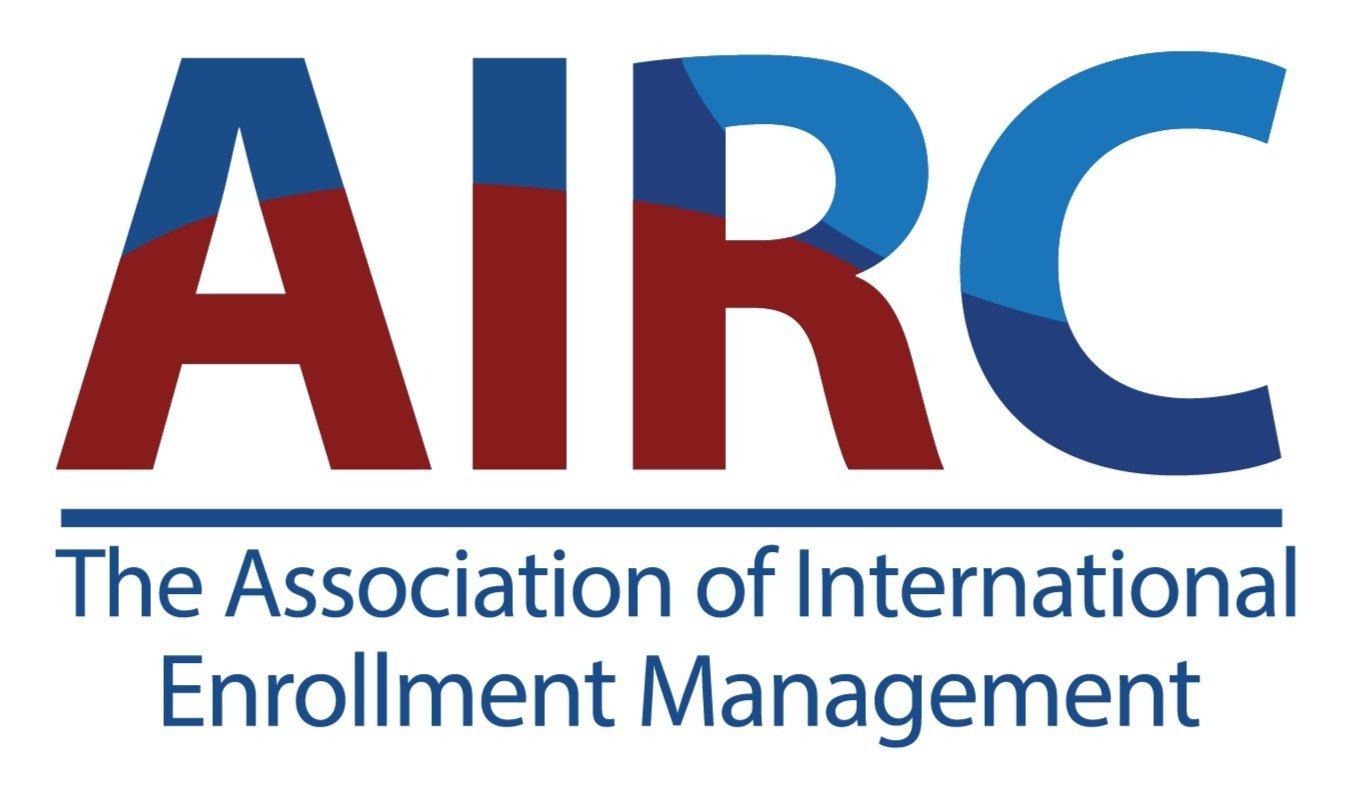Updated August 14, 2020
A new Update to the ICE SEVP FAQ. As of August 7, ICE released another FAQ to clarify U.S. COVID-19 provisions as they affect international students.
This Update changes:
Added new section, “Clarifying Questions for Fall 2020 Based on March 9 Spring Guidance Broadcast,” with FAQs pertaining to SEVP’s July 17 Broadcast Message: Follow-up: ICE Continues March Guidance for Fall School Term.
Added new section “Archived Questions” containing FAQs specific to the spring or summer semester. The answers to these questions are considered rescinded.
Edited existing questions and answers to reflect the fall 2020 semester, including: Maintaining student records: Question 1 and question 4
Click here for the FAQ sheet.
AIRC will continue to share information that we believe is of high importance that all of our members may not see otherwise and we will share the direct resource links to you.
+ Resource Pages
- For U.S. ICE broadcast updates for F and M non-immigrant students, go to: [https://www.ice.gov/coronavirus] Non-immigrant student section.
- American Council on Education Coping with COVID-19 page: [https://www.acenet.edu/pages/covid-19-information.aspx]
- Association of Public and Land-grant Universities’ COVID-19 Resources page: [https://www.aplu.org/news-and-media/communications-resources/coronavirus/]
- DAAD COVID-19’s Impact on International Higher Education: Studies & Forecasts: [https://www.daad.de/en/information-services-for-higher-education-institutions/centre-ofcompetence/covid-19-impact-on-international-higher-education-studies-and-forecasts/]
- NAFSA Critical Resources with daily updates page: [https://www.nafsa.org/regulatory-information/sevp-covid-19-guidance-sources]
- President’s Alliance on Higher Education and Immigration Letter Templates: [https://www.presidentsimmigrationalliance.org/2017/11/12/advocacy/]
- US Visa and Destination Information: [https://travel.state.gov/content/travel/en/us-visas.html]
- For country by country information from the U.S. Department of State, go to: [https://travel.state.gov/content/travel/en/traveladvisories/COVID-19-Country-Specific-Information.html]
- Centers for Disease Control and Prevention: [https://www.cdc.gov/coronavirus/2019-nCoV/summary.html]
AIRC will share information with its members about adapted tools and resources such as virtual student fairs, virtual agent fairs, postponements and cancellations. Please write to us if you have adapted an event you wish to share with AIRC members.
+ Recruitment Info and Events
- US Journal for International Enrollment Management: [https://www.usjournal.com/fairs/]
- International Consultants for Education and Fairs: [https://www.icef.com/events/]
+ AIRC Certified Agencies: Online Tools and Resources
- Access American Education: Fall Fairs: [http://aaeducationusa.com/]
- Adventus Education: Adventus.io A marketplace for agency institutional partners to have programs listed for prospective students
- Blueberry College and Universitet tool: [https://www.blueberry.nu/]
- Canam Unisearch: [https://www.canamgroup.com/]
- College Contact search tool: [https://www.college-contact.com/]
- Edwise International: Fairs and Facebook and Instagram live sessions: [https://www.edwiseinternational.com/]
- Exella Education Group launches: Uniharbour ([https://www.uniharbour.com/]) where students and agents can register in the portal to submit applications to partnered universities.
- First Point USA: matching tool: [https://www.firstpointusa.com/]
- Global/Europe Study Centre: offering institutional webinars: [https://www.europestudycentre.com/]
- The Globalizers: offering webinars: [https://theglobalizers.com/]
- Gurukul Education: student profile assessment: [http://www.gurukuloverseas.com/]
- IDP Connect: Course finder: [https://www.idp.com/global]
- IEC Online: Course finder: [https://www.ieconline.de/]
- Krishna Consultants: live course opening updates: [https://www.studies-overseas.com/]
- Landmark Education: course match: [https://landmarkimmigration.com/]
- 51 Offer/Liucheng: program match: [http://www.51liucheng.com/]
- Manya: Global Admissions Fair: [https://www.manyagroup.com/]
- Maxway Education: AngloAmerican Lecture series: [https://www.myfindschools.net/tc/home]
- PACAsia/Mapmystudy: program matching: [http://www.pacasia.org/]
- QS: Student Recruitment Fairs: [https://www.qs.com/]
- SECS: US lectures/updates: [https://www.secs.com.tw/]
- SIEC: Online consulting days: [http://siecindia.com/]
- Study Abroad Association: Online study abroad fairs and seminars: [https://www.ryugaku.or.jp/]
- Study Metro: online matching tool: [https://www.studymetro.com/]
- Study Outside Norway: online seminars: [https://sonor.no/]
- Texas Review: Online class registration: [https://www.texasreview.in/]
- WholeRen Education: Student Retention Plan (for students in China) for US Schools - Contact: Andrew Chen
+ University Closings and Admission Updates
- Chronicle of Higher Education list of college plans for re-opening: [https://www.chronicle.com/article/Here-s-a-List-of-Colleges-/248626]
- U.S. Admission Updates: [https://www.nacacnet.org/news--publications/newsroom/college-admission-status-coronavirus/]
- Global: [https://en.unesco.org/covid19/educationresponse]
- Universities Working From Home and Resource Tips for Managing WFH: [https://library.educause.edu/topics/information-technology-management-and-leadership/working-remotely]
+ Testing Updates
- IB exams - [www.ibo.org/news/news-about-the-ib/..].
- AP exams - [https://apcoronavirusupdates.collegeboard.org/students].
- TOEFL and GRE - [www.ets.org/s/cv/toefl/at-home]
- IELTS - [www.ielts.org/en-us/news/2020/...www.ielts.org/en-us/news/2020/..].
- Cambridge Assessment - [https://www.cambridgeinternational.org/covid/].
+ Consider how you can adapt to support students, families and agency and third party partners:
- reminder of why international students are so important: [https://www.cfr.org/podcasts/why-we-need-international-students].
- increase online and remote communication and training with agency partners and their student clients to continue to support them
- ensure your website is current and has information for any online communication, activities and resources
- increase communication to parents; can your agency partners help with this?
- consider application fee waivers, cancellation refund policies
- examine test requirements for potential waiver and replacement; and revisit deadlines
- source or utilize institutional partnerships at campuses overseas to assist students who may not be able to travel to the U.S.
- reach out to students that did not return home to ensure their safety and provide resource information
- consider engaging alumni in your market if you or your staff cannot travel
- prepare for long-term adjustments
- create travel and health emergency policies; evaluate these after the greatest impact alleviates
